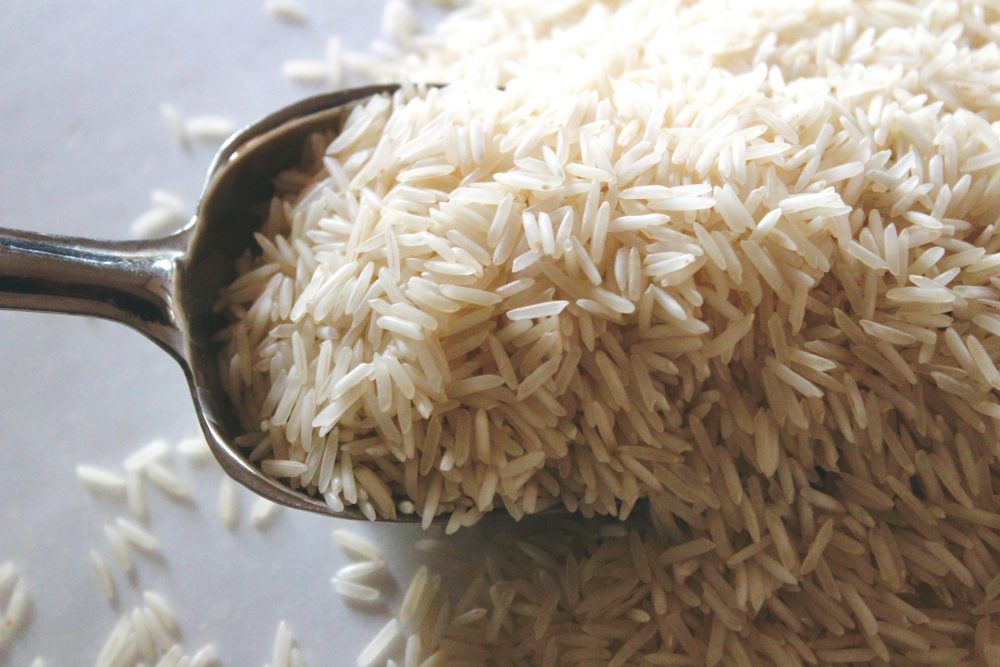Business
The biggest reasons for staying unproductive and how to counter them
Even the so-called “multitasking” can disrupt your flow of productivity at work.

It’s not hard to be unproductive. One short conversation with a colleague, five minutes to check your Facebook, another pause to answer an important call from your boss. There’s always a reason for not meeting deadlines, especially if you don’t have an efficient project manager running the show.
If there’s one thing that’s easy to do in a long day at work, that’s finding something or someone to blame for your low productivity. The more reasons you find, the easier it becomes to forget about efficiency and stick to an unproductive routine.
Stepping out of your usual habits can be hard if you’re not willing to try a change. Not just in the way you’re doing things, but also in the way you think about your work and how you approach challenges.
Here’s a list of the biggest reasons for being unproductive and some simple tricks to counter the problem.
We like to keep ourselves busy
It’s hard to feel unproductive when you’re always busy. That’s why many of us take new projects over old ones. In the end, we postpone deadlines and desperately try to meet them at the last moment.
If we have the smallest reason to do something, we do it to stay busy. Because busyness makes us happy, according to psychologists. But it also makes us unproductive. Stress and too many things on our mind make us slower and reduce our ability to focus on our actual responsibilities.
What can you do to get out of the busyness loop?
- Write down all your daily activities and prioritize. Start with the most urgent and remove the irrelevant ones.
- Outsource as much as you can. Get rid of all those repetitive tasks that make you waste all your energy.
- Use apps to organize your working day. Evernote is good for taking notes and keeping all information in one place. Trello helps you put together a calendar and keep a schedule. There’s plenty of tools and apps for any activity you can think about. Try to stick to one app for each problem, though. Otherwise, you’ll find yourself too busy keeping apps updated!

Being busy can make us feel happy, but it can lead to unproductivity as well. (Source)
Fake work make us waste time and lose concentration
Fake work keeps people busy for hours. “Important” meetings, phone calls and too many emails distract you from your daily responsibilities. And so do the small favors you do for your colleagues or co-workers.
Efficiency and fake work often make you feel the same way. You get from one thing to another fast, without taking too much time to think about actual results. At the end of the day/week, you find yourself drowning in unfinished projects for which you don’t have any energy left to complete.
How to stay away from fake work?
- Schedule a fixed amount of your time for answering emails every day and don’t check your Inbox outside set hours.
- Set your phone to airplane mode when you’re working on important stuff. This way, you won’t get distracted by social media notifications, incoming emails or unnecessary phone calls.
- Measure your work—how much time you invest in each project, how many words you write, how many tasks you finish in a day. Then see how they correlate with your goals.
- Learn to say “no.” Don’t take on any new commitments when you already have a full schedule.
Perfectionism doesn’t mean efficiency
Spending precious time trying to make things perfect is another reason for staying unproductive. Many employees spend hours thinking how they can improve something they haven’t even started.
The trap of perfectionism makes you unproductive and unhappy. You never get to show your work to anyone, because you consider it not good enough. In time, you lose motivation and become less creative.
How to stop being a perfectionist?
- Find motivation in your work. Improve your skills to achieve goals, not to be perfect.
- Ask for feedback and give yourself credit for any success.
- Focus on any positive side of failure. You can always learn from your mistakes.
- Respect your work and value everything you do that brings good results.
- Delegate when you feel you can’t go on with a specific activity.
Multitasking is not a quality
Multitasking doesn’t exist as we like to think about it. The correct term would really be task-switching, as we’re not actually able to do multiple things at the same time.
Following more than one activity at once isn’t helping you increase efficiency. In fact, task switching reduces productivity by as much as 40 percent. The only thing you’ll achieve is a low quality of work, as you can’t stay focused on the things you have to do.
Furthermore, media multitasking can have negative effects on the brain in the long term.
How to replace “multitasking”:
- Organize your daily activities in chunks. Take breaks between tasks and give your brain time to recharge.
- Keep all distractions away. No phone, no social media, no podcasts or interesting videos while working.
- Set milestones and don’t start any new project until you finish your current activity.

Multitasking, or task-switching to be more accurate, can decrease a person’s productivity too. (Source)
Worrying too much keeps us from working
Fear of failure and fear of success are two more reasons for staying unproductive. In both situations, you get lost in negative thoughts that hold you back and keep you from taking action.
Fear attracts mediocrity. Your work won’t make a difference and you’ll end up frustrated and hating your job.
How to overcome fear:
- Identify what scares you and keeps you from boosting your productivity.
- Find good reasons to become better at what you do—to help people, to earn more money, to become an authority in your niche.
- Set measurable goals and milestones and try to reach them one at a time.
- Learn from your mistakes and enjoy small victories, as they’re all important parts of your professional development.
It’s never too late to get better at what you do
To make progress, you must focus on the things that matter. Learn to organize your activities. Identify the important things to do and give them all your attention.
Change your working habits to get better results from your daily activities, and take a break when you need to recharge your batteries. After all, you’ve earned it!
—
DISCLAIMER: This article expresses my own ideas and opinions. Any information I have shared are from sources that I believe to be reliable and accurate. I did not receive any financial compensation in writing this post, nor do I own any shares in any company I’ve mentioned. I encourage any reader to do their own diligent research first before making any investment decisions.
(Featured image via Deposit Photos)

-

 Impact Investing1 week ago
Impact Investing1 week agoVernazza Autogru Secures €5M Green Loan to Drive Sustainable Innovation in Heavy Transport
-

 Markets4 days ago
Markets4 days agoRice Market Slips Amid USDA Revisions and Quality Concerns
-

 Business2 weeks ago
Business2 weeks agoLegal Process for Dividing Real Estate Inheritance
-

 Fintech12 hours ago
Fintech12 hours agoJPMorgan’s Data Fees Shake Fintech: PayPal Takes a Hit

























You must be logged in to post a comment Login